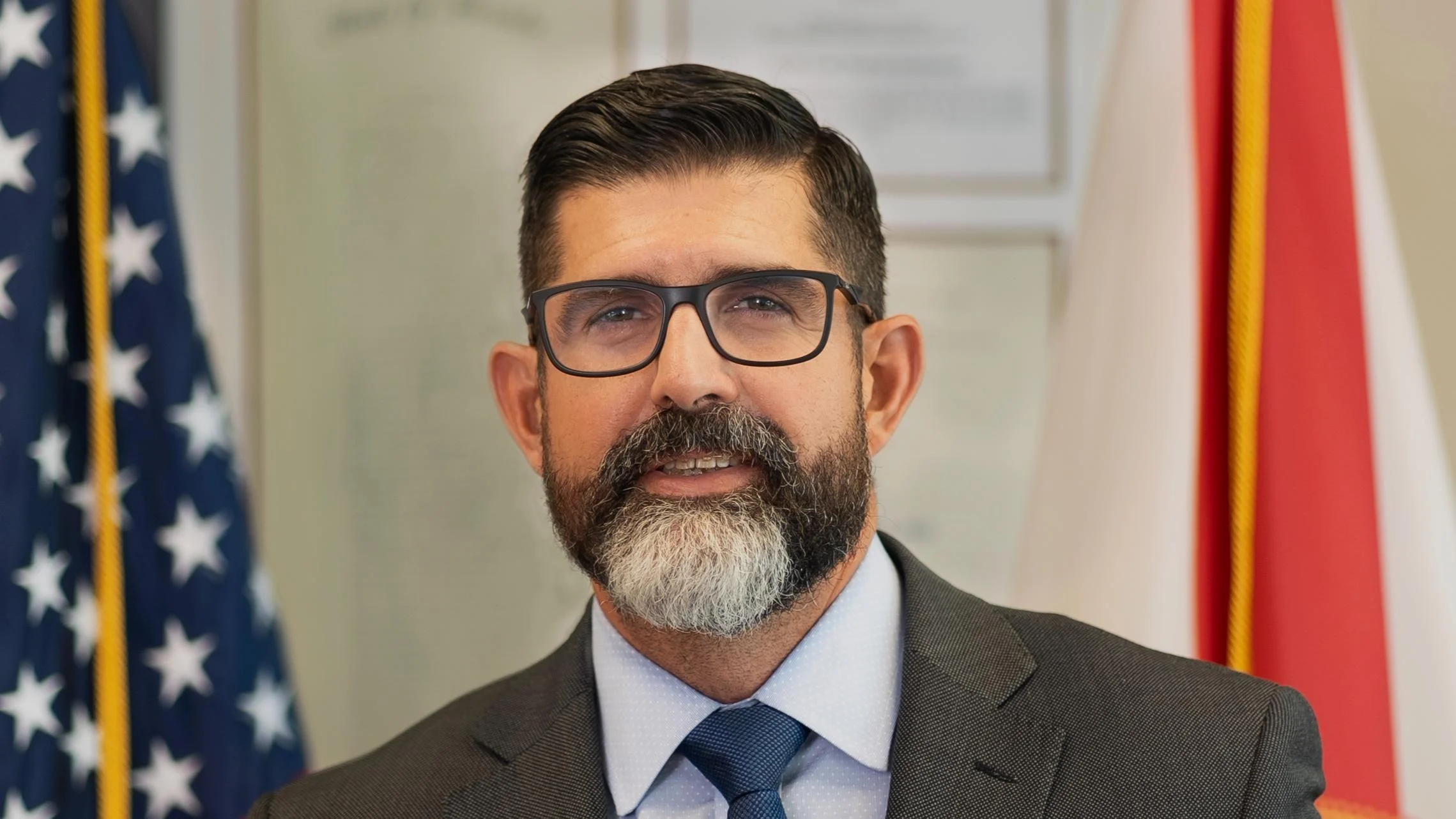
Sherri Pemberton Senior Project Manager at EdSurge Research | EdSurge Research
Hayley Leibson, a mother from Mill Valley near San Francisco, faced challenges in finding a language-immersion child care program for her son. She began searching when he was just 8 months old, only to find that many schools expected applications even earlier. With the cut of transitional kindergarten in her region for the 2025-2026 school year, Leibson felt pressured to explore private options.
The application process proved daunting, with requirements such as essays on her son's learning style and connections to current families. Despite thorough vetting and warnings from other parents about potential issues like pest problems, Leibson found the process time-consuming and challenging.
Eventually, she turned to an edtech tool known as a "navigator" to streamline her search for early education options. This tool provided parent reviews and cost information, helping her find suitable child care after months of effort.
As school vouchers gain traction, companies are expanding these navigators into K-12 education. Matthew Tower from Whiteboard Advisors notes a growing number of firms aiding parents in navigating school choices. The company behind the navigator aims to offer comprehensive tools for selecting primary or secondary schools.
The rise of school vouchers has led some states like Texas to implement significant systems diverting funds from public schools toward private tuition and related expenses. While supporters argue this enhances parental choice and educational quality, critics warn it depletes public school resources and may lower overall education standards.
David Blau highlights differences between early childhood markets and K-12 options but acknowledges parallels in subsidy systems causing family confusion due to inadequate data on program quality.
Winnie, an edtech company initially focused on child care navigation, expanded into K-12 schools this year. CEO Sara Mauskopf observes increasing interest from parents exploring diverse schooling options due to vouchers encouraging exploration beyond assigned district schools.
Despite enthusiasm for these tools among some families like Shannon Parola's in El Dorado County, experts caution against oversimplifying disparate education systems within one platform without transparent performance data.
Paige Shoemaker DeMio from the Center for American Progress expresses concern that such navigators might obscure meaningful differences between educational systems while presenting themselves as objective guides despite schools' ability to influence their profiles on these platforms through services like Winnie Pro.
For families struggling with choosing among various programs—public charter or private—the availability of navigators offers assistance but doesn't address core issues such as affordability or exclusionary admission policies affecting students with disabilities.
Shannon Parola experienced difficulty transitioning her daughter into kindergarten before turning towards charter homeschooling due partly because existing rating sites lacked reliable updates; she now recommends using navigation services based on personal success stories navigating complex decisions around childcare arrangements using similar platforms herself recently finding summer camp opportunities listed alongside safety measures included too!
Sara Mauskopf reports high demand driving further expansion plans indicating widespread usage among families seeking guidance navigating vast arrays available today whether considering public charters versus traditional privates alike—an overwhelming task compounded daily life pressures already facing modern-day parenting challenges everywhere across America today...





 Alerts Sign-up
Alerts Sign-up